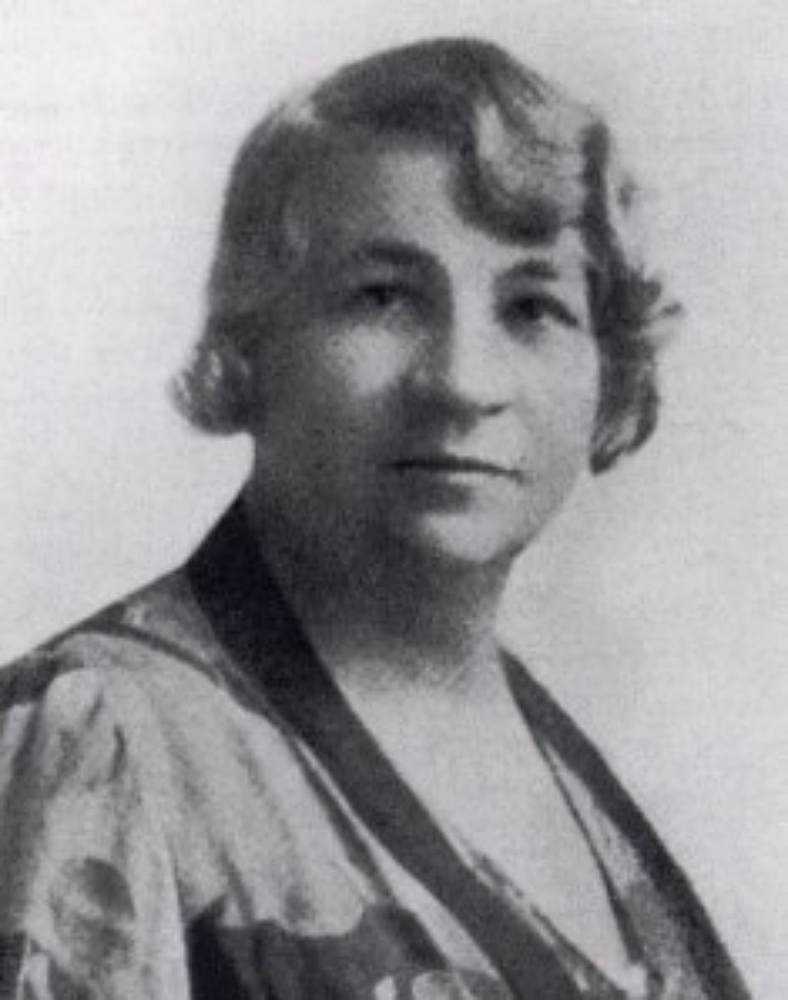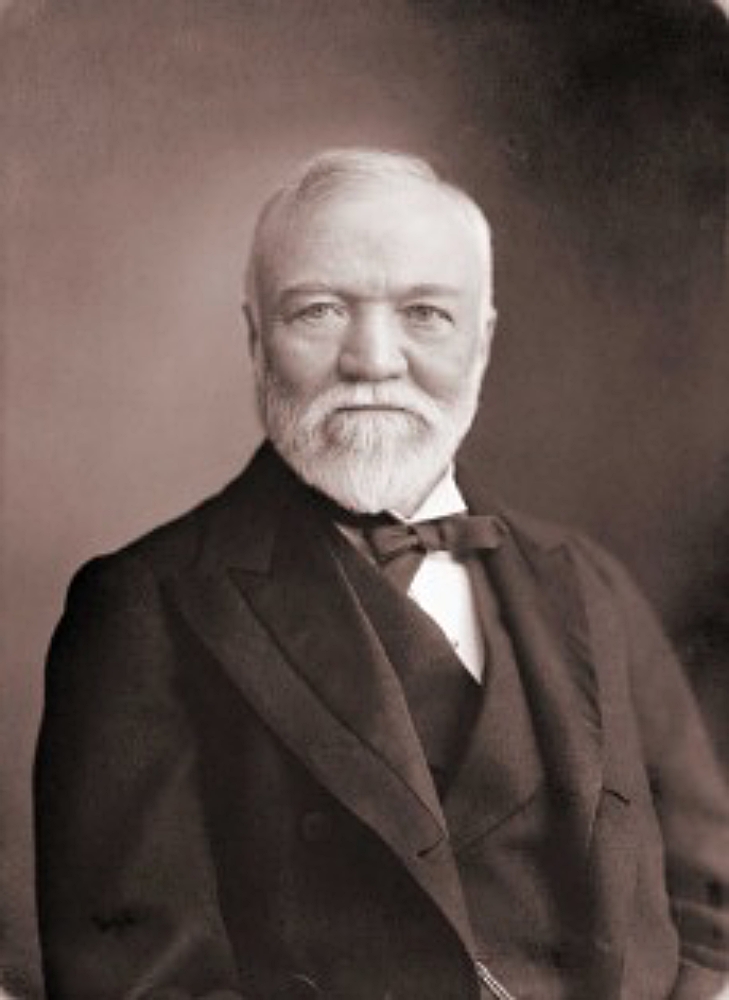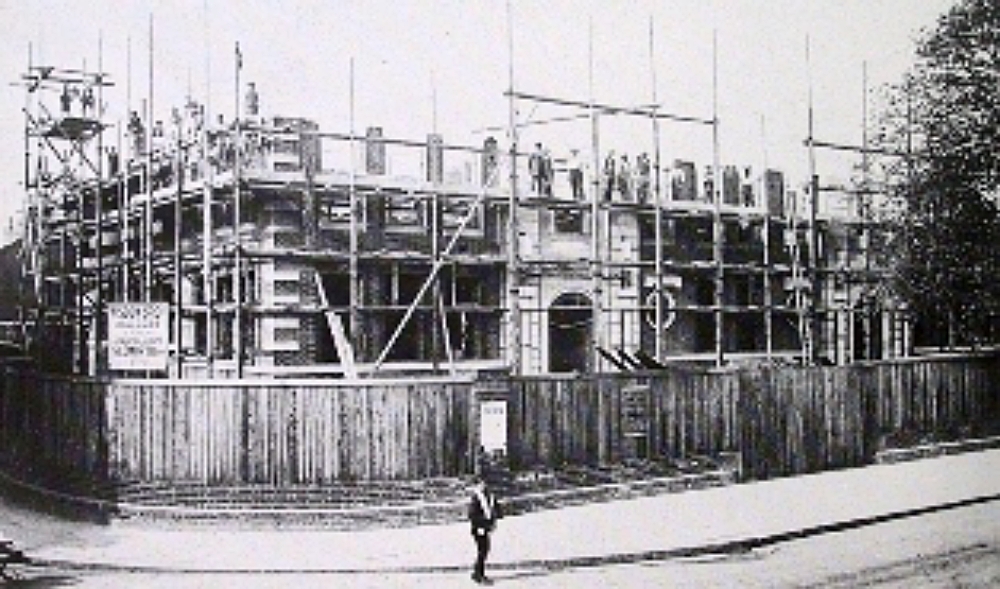Librarian takes on steel baron
AS the Victorian era came to an end, Scots-born American billionaire Andrew Carnegie – reputed to be the richest man in the world at the time – was challenged by a Worthing woman as determined as himself.

Carnegie met his match in Marian Frost, the formidable daughter of a Worthing mayor, who persuaded him to forge a close link with her town.
CONTEMPORARY commentators described Worthing chemist’s daughter, Marian Frost, as a remarkable and formidable woman – a judgment borne out by events that took place from 1897, when she became assistant librarian of Worthing’s public library.
In those days, the library was housed in an overcrowded and rather dilapidated building called Richmond House, on the corner of Richmond Road and Chapel Road.
It was merely a house “stacked with books”, so many that there was little space left for either staff or the public.
In 1902, and determined to make a difference, Marian discovered that, true to his avowed intent of ploughing money back into philanthropy, American steel billionaire Andrew Carnegie was embarking on a plan to fund new libraries in some English towns.
So, ignoring the reservations of her superiors, she wrote to Carnegie, asking him to pay for a purpose-built public library in Worthing – only to have her plea totally rejected. Carnegie refused because “the town already has a library”.

What he didn’t realise was how totally inadequate the original library had become and there was no way that Marian was going to accept such an over-simplified refusal.
Brushing off criticisms from some intimidated individuals who accused her of “exceeding her authority”, the assistant librarian wrote back to America, this time meticulously detailing reasons why Carnegie ought to change his mind.
Marian Frost’s powers of persuasion paid off.
Clearly impressed by his correspondent’s persistence in a good cause, Carnegie agreed to pay £6,200 towards the cost of a new Worthing library – with provisos that doubtless reflected Carnegie’s shrewd Scottish ancestry.
Firstly, he insisted the borough council provided a site free of charge. Secondly, that they levied a free-library rate, which would raise £500 a year towards the project’s upkeep.
And thirdly, that 90 per cent of the labour employed on the building came from among the unemployed, “as the council got a grant from the Unemployment Grant Commission for this”.
So while, at Marian Frost’s behest, Andrew Carnegie provided an essential stimulus for the building of Worthing’s new public library, he certainly did not pay for it outright, contrary to what many people believe.
Worthing’s first mayor, Alderman Alfred Cortis, anonymously paid for half of the Chapel Road building, much of which today houses Worthing Museum and Art Gallery. His contribution was revealed only after he died in 1912.

Work on the new building began in 1907 and it was officially opened in December the following year. Neither Andrew Carnegie nor Alfred Cortis was fit enough to attend the opening ceremony, but the world’s richest man did visit Worthing in May, 1909, when he received the Freedom of the Borough in thanks for his contribution. In a gracious acceptance speech, he described Worthing as “an enchanted land”.
Marian Frost, whom he met for the first time on that day – all previous contact had been by letter, went on to become Worthing’s head librarian, although not until 1919. She was persuaded to combine the job with that of curator of Worthing museum – for which she was paid an additional £25 a year!